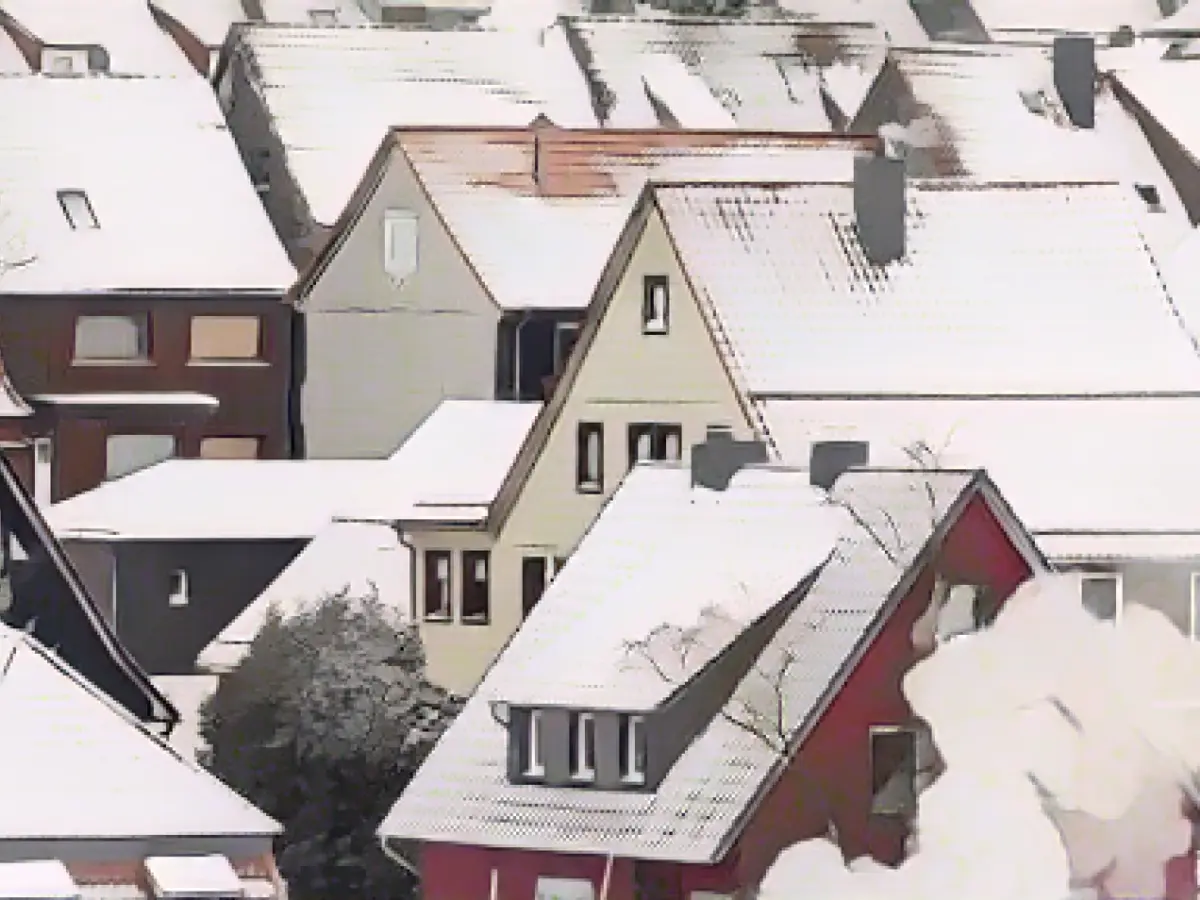Real Estate Plummet - Steepest Price Drop Since 2000 in Germany's Market
In an unexpected turn of events, Germany's real estate market witnessed a steep decline in the third quarter, marking the sharpest drop since the data series began in 2000. Reportedly, the average price of apartments and houses plummeted by a staggering 10.2%, as per the statistics from the Federal Statistical Office in Wiesbaden.
This significant drop in residential property prices can be attributed mainly to the rise in interest rates, making mortgage loans dramatically more expensive. In fact, the new business in real estate loans has significantly decreased as a result. Interestingly, this decline in prices is not contained within cities but extends to rural regions as well.
Key Reasons Behind the Price Drop
- Economic Uncertainty and Inflation
The GfK Consumer Climate Indicator for Germany has been on a downward spiral, reflecting mounting layoffs, factory closures, and a general sense of economic malaise. Consequently, consumer spending has taken a hit, resulting in less demand for housing. This decrease in demand subsequently drives down the price of real estate.
- Higher Interest Rates
The mortgage interest rate in Germany climbed to 3.9% in the second quarter of 2024. This escalating cost of borrowing inevitably affects the market, leading to a decline in mortgage lending and a subsequent drop in real estate prices.
- Balanced Housing Market
The shortage of affordable housing, particularly in major cities like Berlin, is exacerbated by high rents and a scarcity of new builds. This uneven distribution of supply and demand, coupled with the complexities of rent regulations, ultimately influences the decline in real estate prices.
Current Trends and Impact
- Regional Impact
Major cities like Berlin witness extraordinary growth in asking rents. However, the acute shortage of affordable housing and the complexities of rent regulations create inequities among lower-income households. On the other hand, rural regions are less impacted, but the overall economic uncertainty and increasing interest rates still have a discernable impact on the housing market.
- House Price Index
Between 2015 and 2022, house prices in Germany shot up by over 60%. Post 2022, the trend reversed, with prices sliding due to the aforementioned factors.
- Consumer Behavior
The inclination to save has surged as consumers brace for the upcoming elections, further dimming the prospects for the real estate market. This shift in consumer behavior mirrors the widespread economic uncertainty and dwindling income confidence.
Conclusion
Germany's real estate market faces a steep decline upon the backdrop of economic uncertainty, escalating interest rates, and the imbalance in the housing market. Major cities like Berlin are particularly vulnerable to issues such as the shortage of affordable housing and the complexities of rent regulations. Conversely, rural regions see a more modest impact, but the broader economic conditions continue to influence the housing market nationwide.






